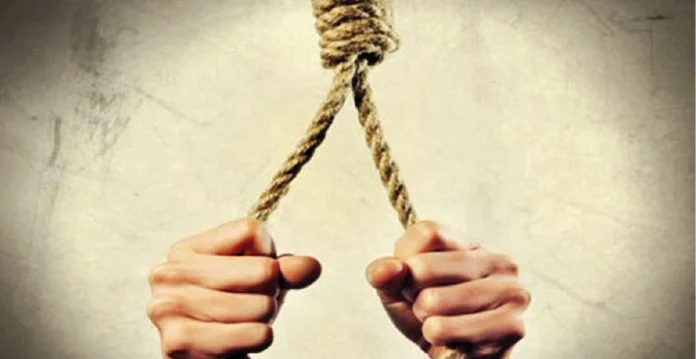In a recent ruling, the Supreme Court addressed the alarming tendency of investigative agencies and lower courts to invoke Section 306 of the Indian Penal Code (IPC) indiscriminately. This provision, which penalizes abetment of suicide with imprisonment up to ten years, has often been used without due consideration of the nuanced circumstances surrounding individual cases.
The Court’s remarks came during the discharge of Mahendra Awase, a Madhya Pradesh resident charged with abetment of suicide following the death of a man who had guaranteed a loan provided by Awase. The deceased had named Awase in a suicide note, alleging harassment over repayment demands. Upon reviewing the evidence, the Supreme Court found no basis to sustain the charges, asserting that the accused’s actions did not amount to incitement to suicide.
Raising The Bar: What Section 306 Requires
The judgment stressed that mere disputes or demands for repayment cannot automatically be equated with incitement to suicide. Justice KV Viswanathan, delivering the bench’s opinion, emphasized: “Investigative agencies need comprehensive training on legal precedents to prevent unwarranted prosecutions under Section 306.”
The ruling clarified three critical elements required to prosecute abetment of suicide under Sections 306 and 107 of the IPC:
1. Direct or indirect instigation: There must be clear evidence of provocation or encouragement to commit suicide.
2. Temporal proximity: The accused’s actions must be closely linked to the act of suicide.
3. Mens Rea (intent): The accused must demonstrate intent to push the victim to take their own life.
Precedents Affirming Pragmatism
The Supreme Court’s approach in this case aligns with several landmark rulings aimed at curbing misuse of Section 306:
- Laxmi Das vs State of West Bengal (2025): The Court dismissed charges against a woman accused of abetting her son’s partner’s suicide, ruling that a casual remark, devoid of intent or action, cannot constitute incitement.
- Ude Singh vs State of Haryana (2019): Here, the Court held that only persistent conduct leading the deceased to perceive no alternative but commit suicide can fulfill the legal requirements of abetment.
- Mohan vs the State (2011): This judgment demanded evidence of “an active or direct act” by the accused that compelled the deceased to take their life.
In another high-profile case from October 2024, the Court dismissed an abetment charge against company officers following the suicide of a salesperson pressured into accepting a voluntary retirement scheme. The Court stressed that workplace-related disputes must meet a higher evidentiary threshold before being prosecuted as abetment cases.
Cautioning Against Misuse
The Court’s rulings aim to strike a balance between accountability and safeguarding individuals from frivolous prosecutions. It acknowledged the emotional pressure from grieving families, but cautioned law enforcement against using Section 306 as a tool to appease them. “Hyperbolic statements or ordinary disagreements cannot be equated with criminal intent,” the Court observed in the Awase case.
Ensuring Justice Without Overreach
The recent rulings highlight a shift towards a more discerning application of the abetment to suicide law, ensuring that only cases meeting stringent legal criteria proceed to prosecution. This approach not only prevents misuse of legal provisions, but also upholds the dignity of those falsely implicated.
The Supreme Court’s interventions call for:
- Comprehensive Training: Equipping investigative agencies with clear guidelines on legal precedents.
- Stricter Evidentiary Standards: Ensuring prosecutions under Section 306 are supported by concrete evidence of intent and direct instigation.
- Judicial Vigilance: Encouraging trial courts to exercise caution before framing charges, especially in cases involving emotional disputes or workplace disagreements.
A Pragmatic Path Forward
As the judiciary grapples with the complexities of abetment cases, these judgments mark a significant step towards a fairer legal framework. While the need to address genuine cases of harassment and incitement remains critical, the Court has underscored the importance of avoiding overreach that could harm innocent individuals.
The Supreme Court’s recent rulings serve as a reminder of the judiciary’s role in upholding justice while preventing the misuse of laws, particularly in emotionally charged situations. By reaffirming the principles of intent, evidence, and context, the Court has reinforced the balance between accountability and fairness—a cornerstone of any robust legal system.
—By Abhilash Kumar Singh and India Legal Bureau


